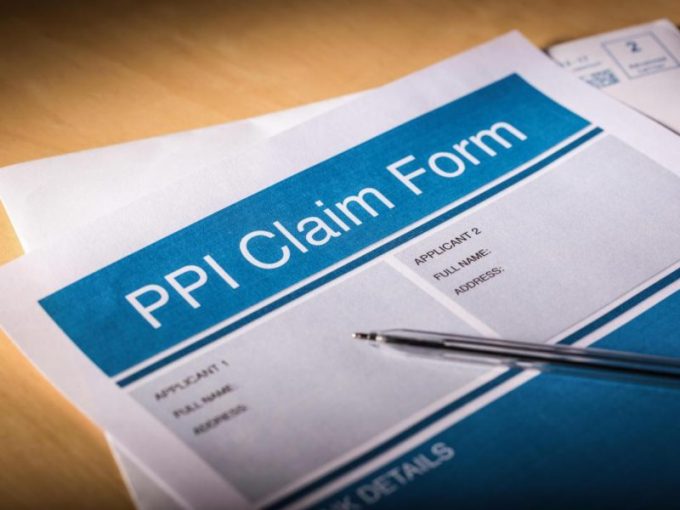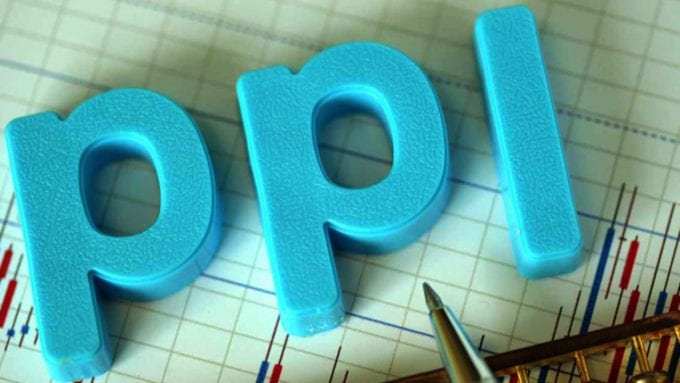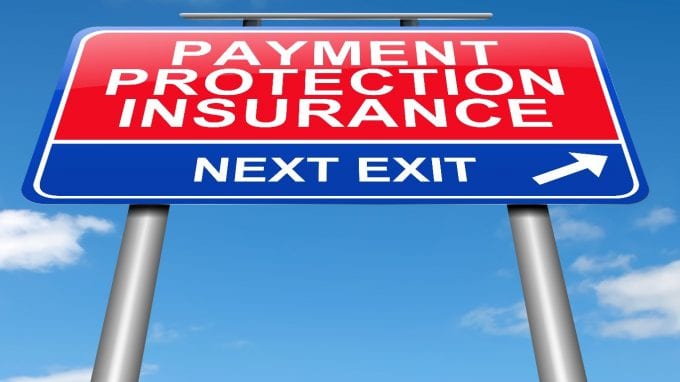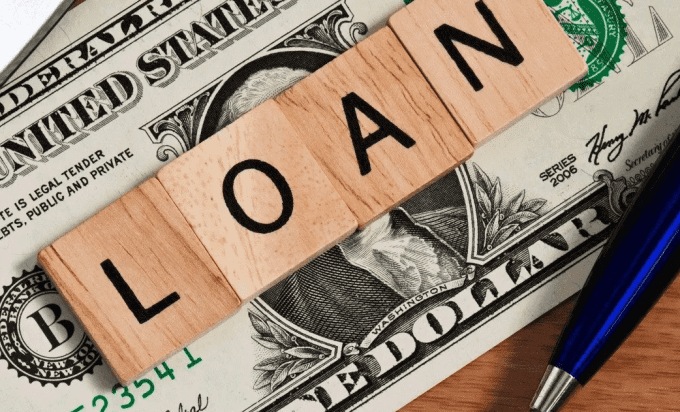Regular borrowers of loans from banks are probably familiar with PPI. And if you ever borrowed money from a bank, you should know what a PPI stands for. But for those that are not introduced with this term, we are going to explain it a bit.
Payment Protection Insurance is a form of insurance that enables a person to service their debt. It is usually when the person is unable to continue generating income to service the debt. Various circumstances might prevent the servicing of debt, and they include loss of employment, development of terminal illness, or death.
Payment Protection Insurance is a typical add-on for mortgage brokers to help them cover costs in the events of sickness or injuries, and they emerged several years ago.
Payday loans are short-term loans (more info here). These loans typically last from the moment they were taken to the next instance a person is paid. The loans are easily accessible and might not need any security. Such loans attract considerable interest in the principal amount.
They are also called a payday advance, salary loan, payroll loan, small-dollar loan, short term, or cash advance loan. It is mostly an unsecured loan, even though the repayment of the loan is linked to a borrower’s payday. Some call these types of loans also cash advances, so maybe you’ve heard about them.
They mostly rely on the borrower’s previous payroll and employment records, and the legislation regarding them is different almost everywhere, and they vary between different countries. You need to remember that these kinds of loans are almost always short-term because they only last until the next payment.
Traditionally, PPI companies were focused on insuring long-term loans, which are entirely dissimilar to payday loans. They usually cover payments for a finite long period of maximum 12 months. After that time, a borrower needs to find a way to repay the debt, but the period that is covered by insurance is ordinarily long enough for people to service their debt. The loans were from a known financial institution. However, this is slowly changing. PPI companies now work with payday loan lenders, which is unusual. If you need to know more about it, this article shall discuss this shift in operations, why is that happening and how it can affect you.
Why Would PPI Companies Move Into the Payday Loans Industry?

Payday lenders are notorious for charging high-interest rates on their loans. Sometimes the interests are so high that they are extortionate. People have increasingly started to default on such loans. Many others have filed suits to reclaim their money from payday lenders, and that is because the lenders mis-sold their loans.
Payday loans have been highly attractive to people because they offer and guarantee quick money, and they are easy to get. People get charmed by the ideal offer and always think about payday loans in emergencies when they need money the most. Unfortunately, this became a trend, and many people suffered. Payday loans often caused a lot of trouble for people than they helped. Every Payday lender should carry out checks and confirm if a client can pay the loan back and be sure that the loan is affordable for the client. Again, many didn’t do that, and a lot of people built up vast amounts of irrepressible debt that caused them a lot of issues.
PPI companies have identified an opportunity from this trend. Continual defaulting on loan payment constrains the Payday loaning business. PPI companies provide the solution of ensuring the loans are serviceable. If the borrowers do not repay loans, PPI companies will continue to service the Payday loans. PPI companies should be the saviors in this whole situation.
Is the Compensation from PPI Companies Assured?

Principles guide PPI compensation. The primary principle states that compensation can only be paid if the borrower suffers from an event that curtails their income generation abilities. Compensation will be paid off; therefore, it depends on why the borrower defaulted on the loan.
Payday loans redress claims commonly arise from borrowers. These claims result from over-charging their interests. As such, the borrower’s income may not finance the loan repayment. Lenders are obligated to assess a borrower’s worthiness to pay before loaning them. On such grounds, PPI can redress these claims by considering the borrower’s income cannot match the loan obligation.
Can You Reclaim Your PPI Insurance Premiums Back?

It is possible if the loan package from the payday lender includes a PPI payment. Payday lenders are required by law to discuss all the critical information about their loan packages. If they omit or hide any information, the practice amounts to mis-spelling.
If a person discovers their loan package was mis-sold, they can, and they should file a complaint with the regulatory body. When the claim is successful, payday lenders will have to return the interests charged. Besides, the premiums on the PPI will also be returned to the borrower.
Borrowers must understand these claims are enforceable over a given time limit. Usually within six years after borrowing. Past six years, making claim compensations may not yield any result.
The individuals, who were unfairly being sold a loan and have suffered debt as a result of it, can and they should also file a complaint, and they can receive their loan with interest.
PPI’s Help to Reduce the Redress Claims on the Payday Lenders

PPI companies’ decision to explore the payday lending industry is laudable. Both the lenders and the borrowers will benefit from this. Borrowers can continue to service their loans through PPI’s. It is if their ability to generate income degenerates. Payday lenders will share the cost of claims with the PPI companies.









